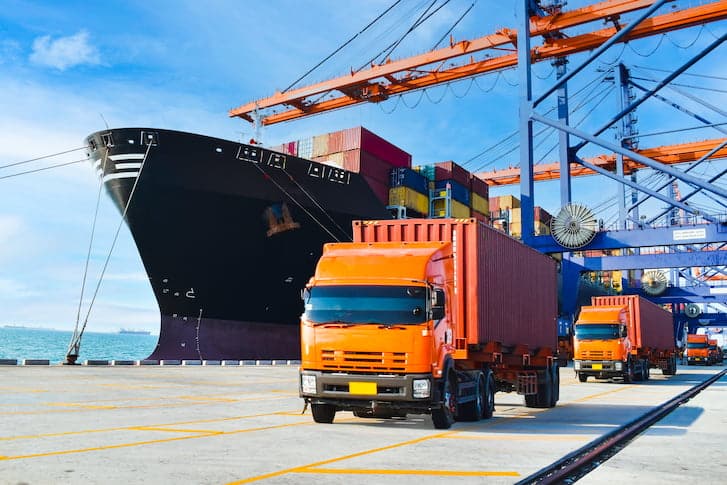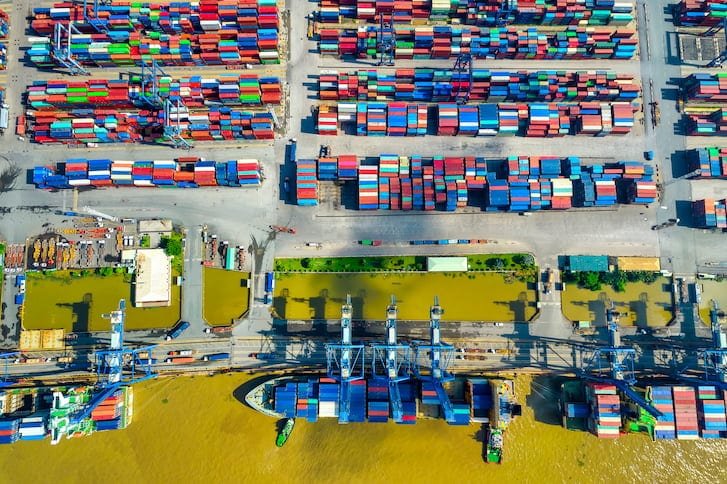The Federal Government is working to simplify Australia’s trade system with the view of driving productivity and increasing global competitiveness.
 The whole-of-government Simplified Trade System (STS) reforms aim to make importing and exporting cheaper, faster and simpler.
The whole-of-government Simplified Trade System (STS) reforms aim to make importing and exporting cheaper, faster and simpler.
Austrade provided an update on the reforms in the Across Borders publication.
“Modernising Australia’s trade environment will strengthen Australia’s reputation as a global leader in trade, increase our resilience to supply chain disruption, reduce costs for Australian businesses and boost local manufacturing and jobs,” wrote Daniel Curtis, Head of the STS Unit at Austrade.
“From cutting red tape to digitalising trade services, STS reforms are already providing tangible benefits including boosted productivity and reduced compliance costs.”
Austrade has been working through more than 200 regulations and 145 ICT systems across 32 government agencies.
STS reforms underway
The Government has already delivered some regulatory reforms to simplify trade processes, but many more are still to come, including:
The Digital Trade Accelerator Program (DTAP) will support two targeted investments in digital projects aimed at delivering early benefits to businesses and government over two years. Benefits include:
- Improving cargo targeting for border and biosecurity protection by improving customs processes and risk assessments.
- Boosting business productivity by streamlining how the government interacts with and shares trade-related data with businesses, starting with cargo clearance updates.
Cross-border trade data sharing framework – to enable seamless data exchange between agencies and businesses, simplifying future trade processes.
Single Trade Environment foundations – piloting digital services to address business challenges related to identity, messaging systems, and emerging technologies.
Customs Act 1901 amendments – proposed legislative changes to strengthen the customs licensing system, digitise processes for returning seized goods, and reduce administrative burdens. These amendments are subject to parliamentary approval.
Agricultural traceability and credentials ‘ecosystem’ – harmonising traceability standards and data, and offering industry grants that help different sectors enhance their traceability capabilities. See CCIWA’s Grant Finder for State and Federal Government grants.
Digital Verification Platform (DVP) – supporting a paperless trade environment by enabling secure digital trade documents aligned with international standards. A 2024 trial with Thailand Customs successfully verified certificates of origin under free trade agreements.
Simplified Targeting and Enhanced Processing System (STEPS) – making cargo clearance processes faster, simpler and support biosecurity management. Businesses will benefit from reduced delays and costs at the border.
Digital Services to Take Farmers to Markets (TFTM) – modernising agriculture export services with digital solutions that improve transparency, shorten export timelines and enhance processing efficiency.
Model Law on Electronic Transferable Records (MLETR) – exploring ways to transition to paperless trade by allowing businesses to use electronic versions of key documents, such as bills of lading, led by the Attorney General’s Department.
Streamlining the Cargo Intervention Model (SCIM) – enhancing cargo inspection through real-time trials in sea cargo and developing threat detection prototypes. Led by the Australian Border Force, this initiative builds on air cargo trials by the Department of Agriculture, Fisheries and Forestry (DAFF). Once fully implemented, SCIM will reduce inspection times, improve trade efficiency, and provide Australian consumers with faster, more reliable access to imported goods.
CCIWA’s International Trade Services team helps businesses reduce the time, cost and risk of going global. Contact the team for a free consultation on (08) 9365 7620 or via [email protected].












